SEO
SEO Agency Software (What Do They Use?)
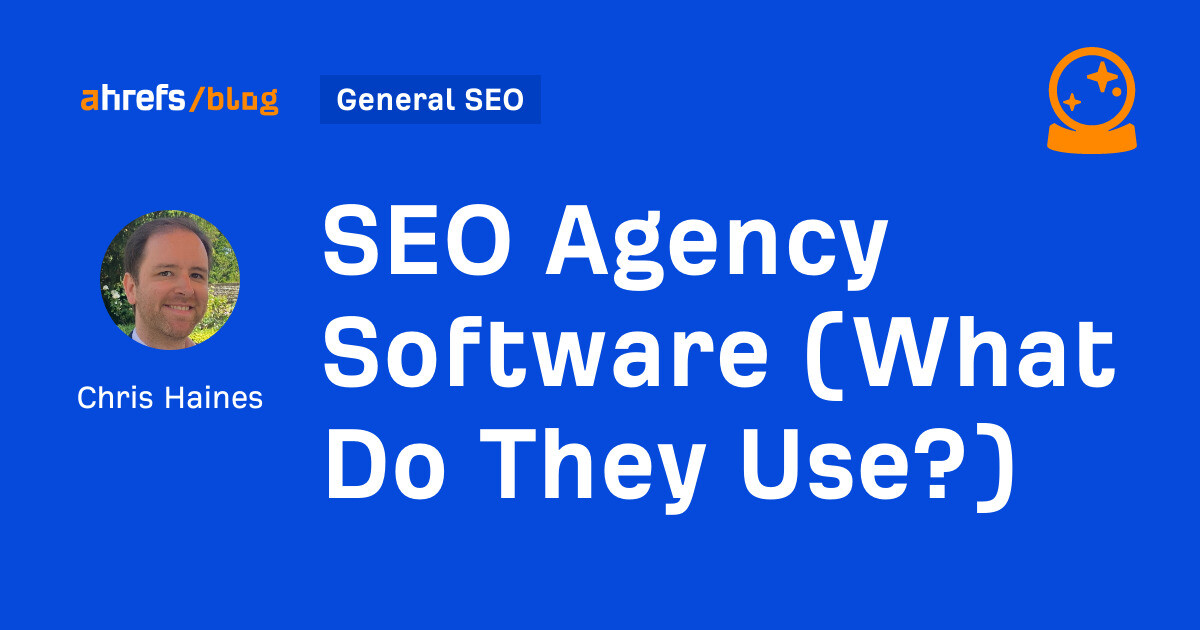
Here’s my selection of the software that SEO agencies use to get their work done and manage their teams successfully.
Accurate data is important for SEO agencies to make good decisions. As a result, every agency I’ve worked for over the past 10 years has had access to Ahrefs.
So when it comes to providing specific SEO services for clients, it mostly comes down to using the different Ahrefs tools.
Keyword research
Most agencies use Google Keyword Planner (GKP) or a tool like Ahrefs’ Keywords Explorer to do their keyword research.
GKP used to be considered the most accurate keyword tool because the data came from Google. These days, however, it’s probably not true.
Here’s why.
Firstly, GKP no longer shows exact search volumes—it only shows a range.
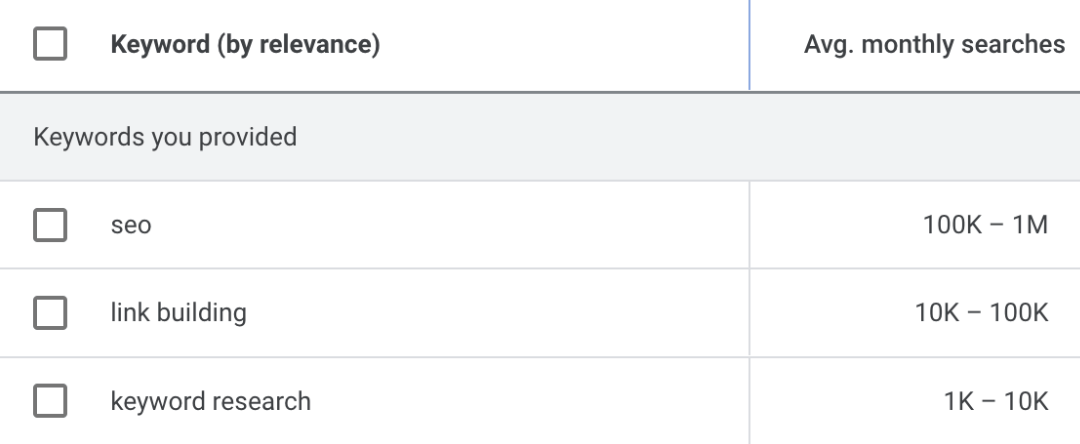
Whereas, Ahrefs gives a more definitive answer in terms of volume, which is more helpful for agencies planning an SEO campaign.
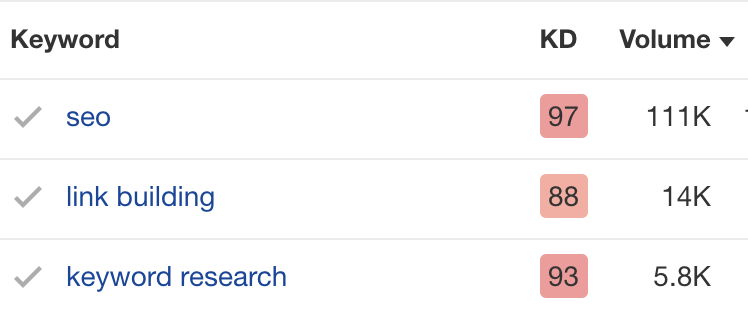
Secondly, Ahrefs CMO Tim Soulo’s GKP study suggested that GKP data is overestimated.
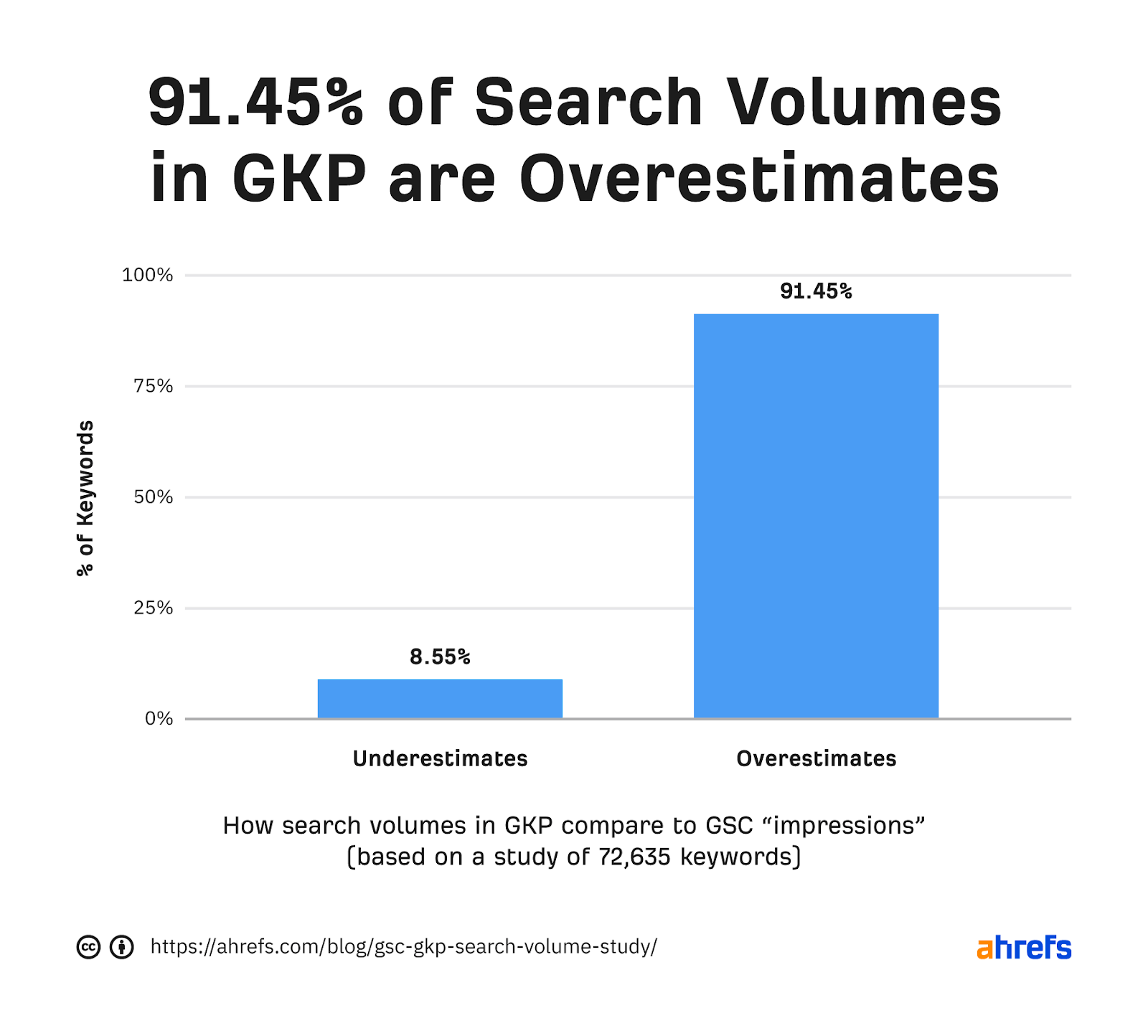
It’s why many agencies have switched to third-party tools like Ahrefs’ Keywords Explorer to do their keyword research.
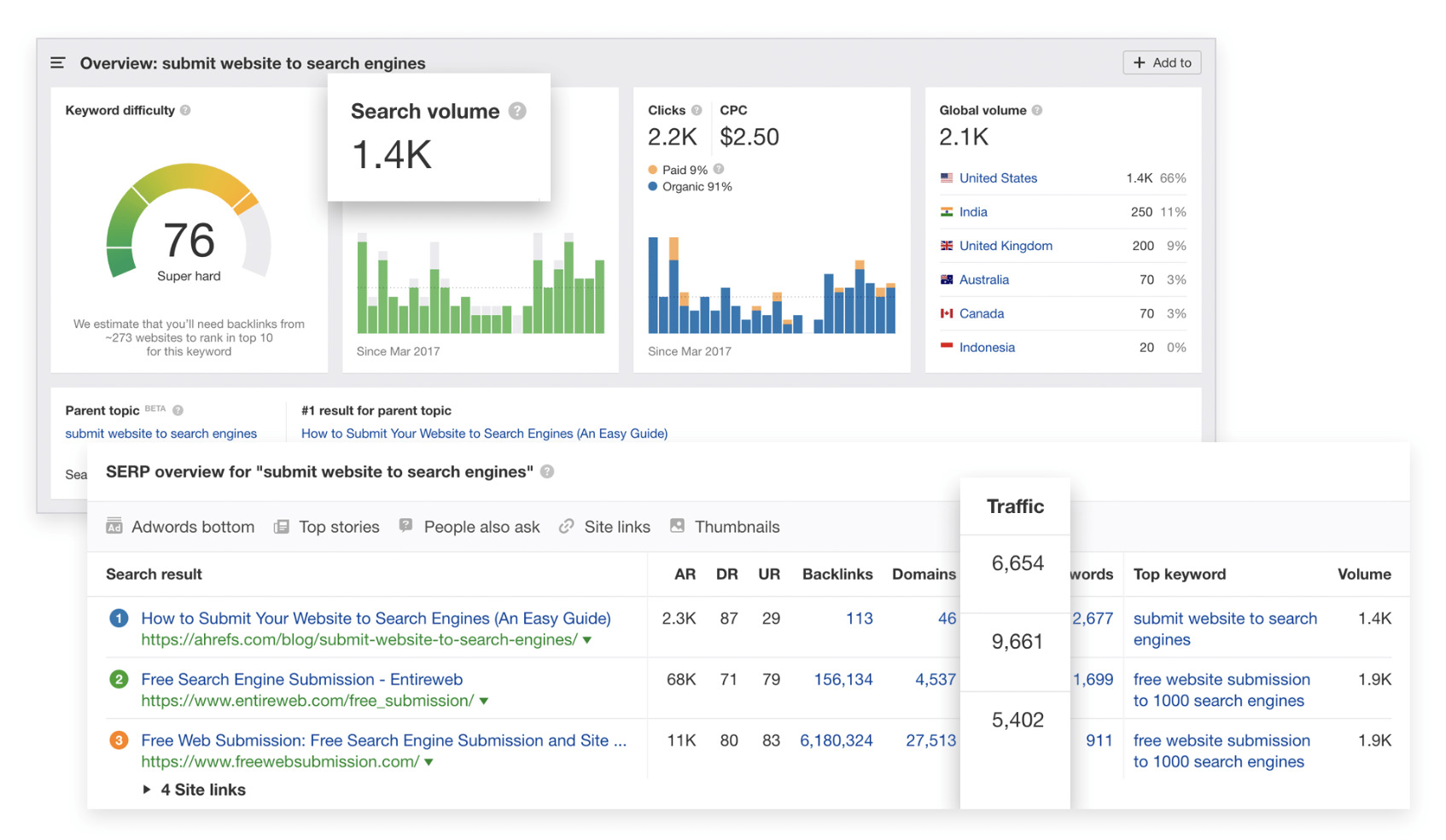
Generally speaking, tools like this can provide a helpful representation of what’s happening in the search results.
Competitor analysis
Each agency has its methods for completing a competitor analysis. But there is one common denominator that most agencies will agree on—speed.
With multiple clients contacting you at all times during the working day, agency workers must understand a competitor’s SEO strategy. They then need to share it at a moment’s notice with the client.
To get a bird’s-eye view of the competitor landscape, you can use a tool like Ahrefs’ Site Explorer.
Simply plug a domain into Site Explorer and head to the Organic competitors report.
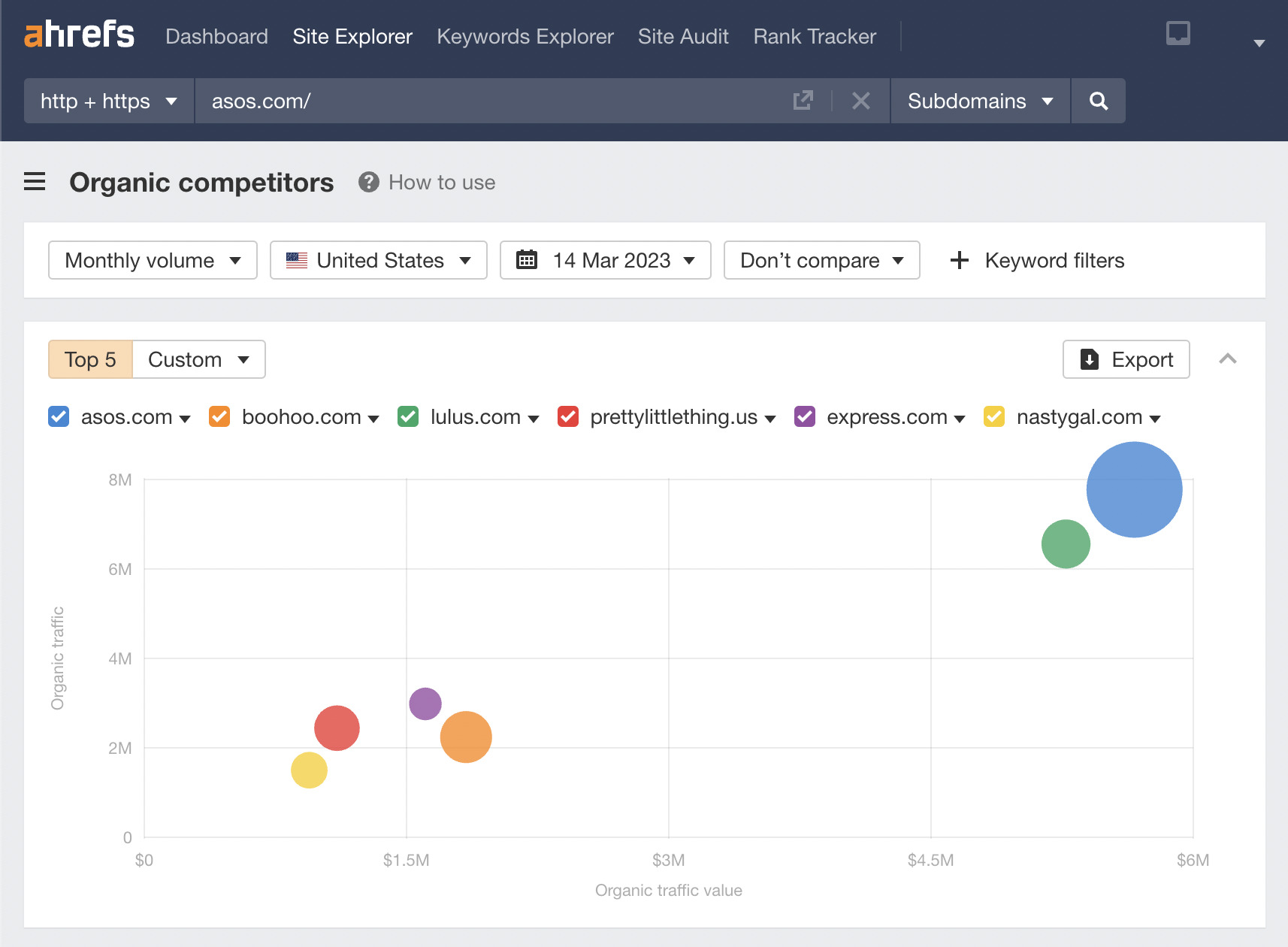
This tool lets you quickly identify the top five organic competitors for the domain entered and shows you their value plotted against their traffic.
Once you’ve identified your top competitors, you can analyze them further by scrolling down to the Top competing domains report to get into the details.
Another quick method to analyze your competitors’ websites is to use Ahrefs’ SEO Toolbar to get an overview of each competitor and jot a few notes down about each site.
Here’s an example of me looking at the Nasty Gal homepage using the toolbar.
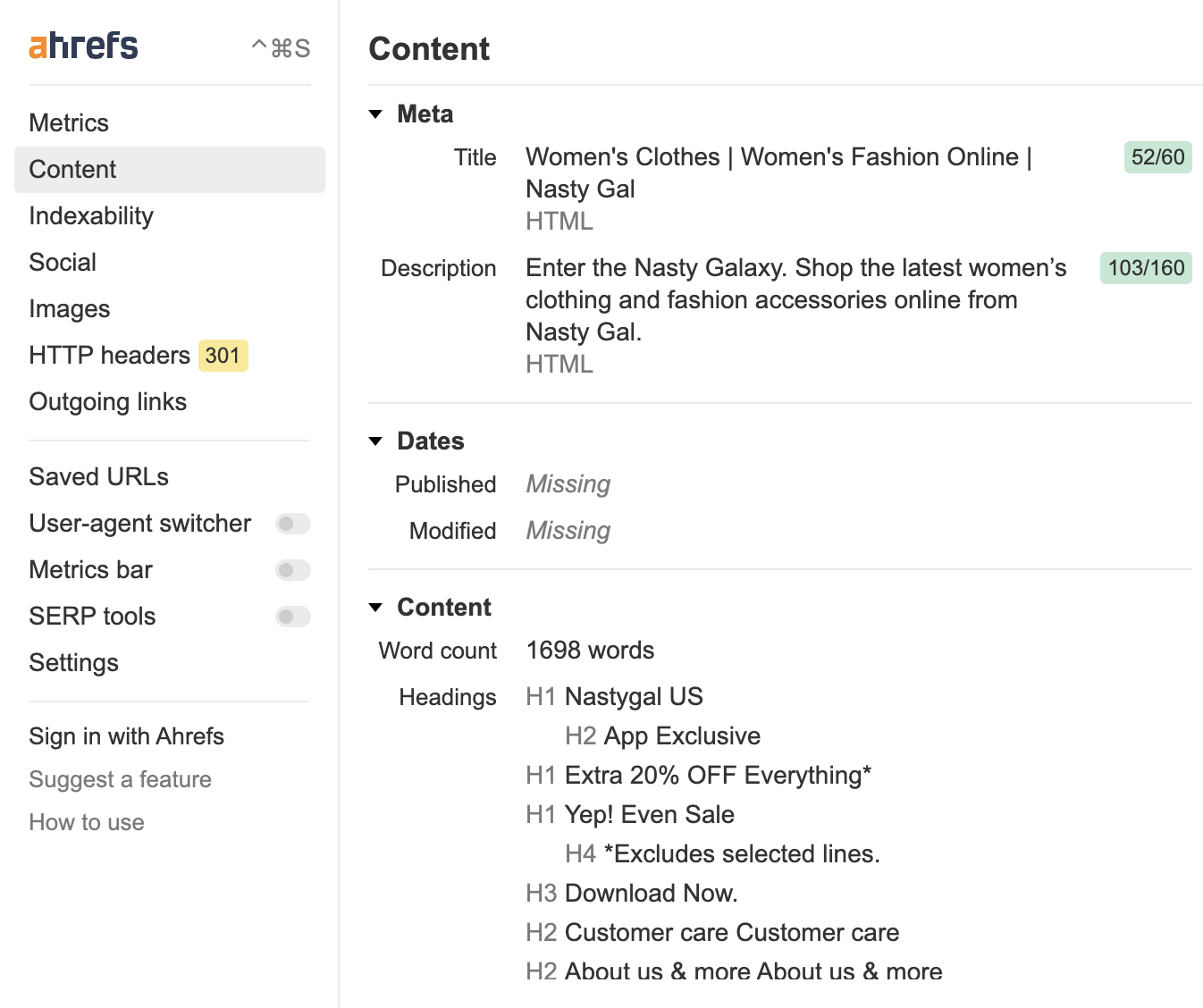
From here, you can understand the state of the competitor’s SEO and also use Site Explorer and Keywords Explorer to dig deeper into the details.
Once the agency has enough information about the competitors, it’ll typically present its findings in a PowerPoint format.
Rank tracking
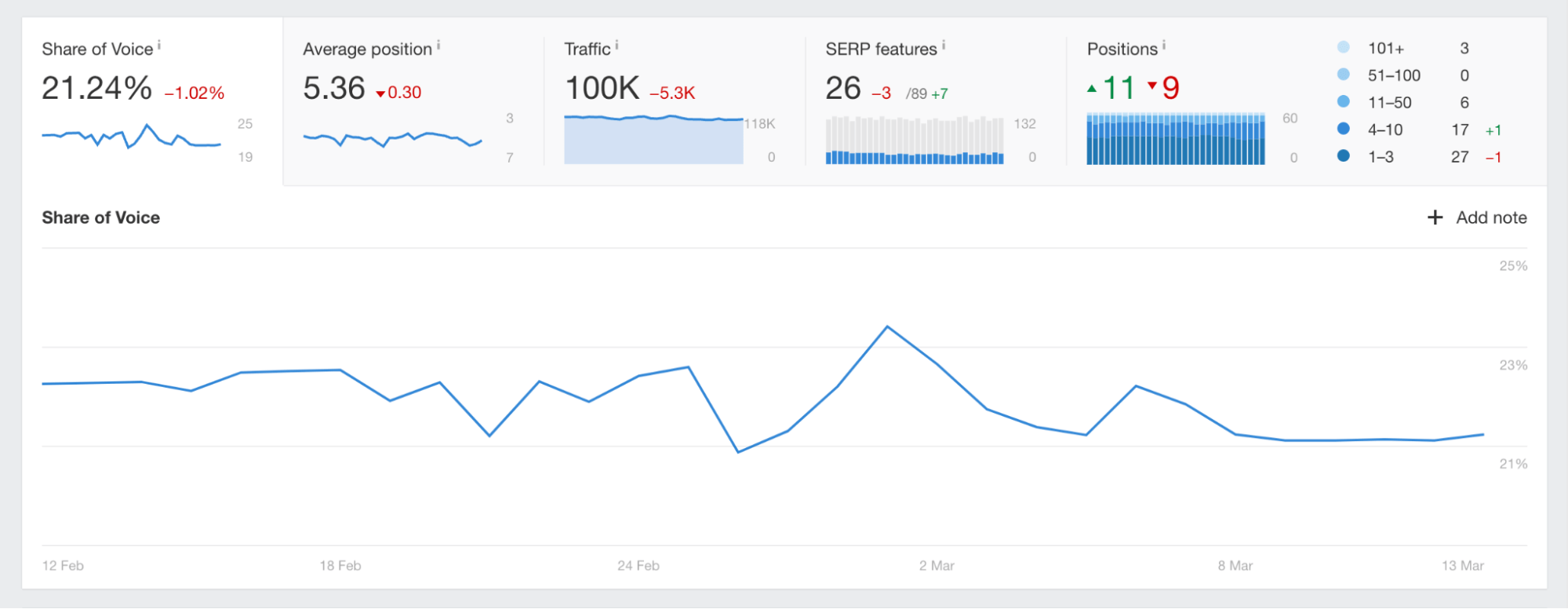
SEO agencies also need to prove results, and the primary way they do this is by tracking a client’s keywords and Google rankings.
This often means tracking hundreds or even thousands of keywords and organizing them logically. But how can you do this?
You’ll need to use a software tool like Ahrefs’ Rank Tracker to do it effectively.
Rank Tracker can help you monitor several key performance indicators, such as:
- Share of voice
- Average position
- Organic traffic
- SERP features
- Positions
Monitoring these data points helps you understand the impact of any Google updates as well as the performance of your website.
SEO audits and SEO proposals
Most agencies audit a prospective client’s site before working with them, so they can show the client what SEO issues are on the website and suggest fixes.
Although you can manually audit their site, it isn’t an efficient use of time.
Therefore, many agencies use a tool like Ahrefs’ Site Audit to quickly get to the core of a website’s SEO issues.

Here’s an example of the types of issues the tool can find:
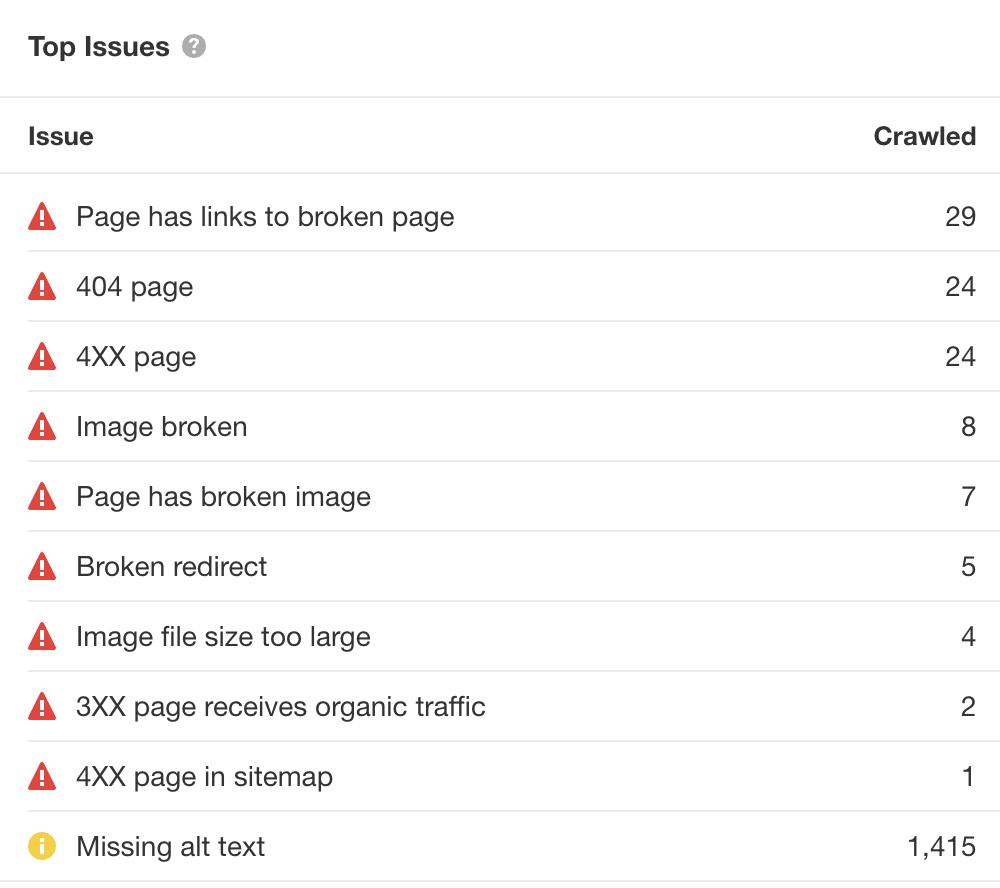
This type of technical analysis overview is a good starting point for fixing the issues on your client’s website.
Link building
When it comes to link building, agencies usually focus on creating a stand-out piece of content for a client that will help them acquire links naturally.
This content could be new research, a survey, or anything else the agency feels would accrue links over time.
Once it has made the content, it starts the outreach process—to spread awareness of the work.
To contact the relevant websites, it will typically use one of two tools:
- BuzzStream – The first outreach tool I used in my agency career. It covers link prospecting, creating custom email templates, organizing contacts, and managing the outreach process.
- Pitchbox – A popular alternative to BuzzStream that has testimonials from several well-known SEOs. Features are tailored toward agencies.
An SEO professional’s main objective is to rank websites in Google search, so it’s natural they’ll use several Google software products to understand their performance in the search engine.
Here’s my rundown of the top Google software SEO agencies typically use:
Google Analytics
Google Analytics (GA) is relatively ubiquitous in the agency-client world.
It’s usually the first place SEO agencies go to when they want to gauge the amount of traffic their clients’ websites have.
Google Search Console
Google Search Console is another popular tool SEOs in agencies use to gauge performance.
It allows you to:
- View how often your site appears in Google Search and which search queries it shows for, and how often searchers click through for those queries.
- Get a breakdown of websites that link to your site.
- See if Google can find and crawl your site.
- Fix indexing problems and request reindexing of new or updated content.
- Receive alerts when Google encounters issues on your site.
Google Looker Studio (formerly known as Google Data Studio)
Like rank tracking, reporting on the progress of your SEO campaign is important for agencies of all sizes.
Tools like Google Looker Studio (GLS) allow them to do several things:
- Aggregate multiple data sets – GA, GSC, and Ahrefs data can be integrated into one dashboard.
- Create scheduled reports – Schedule PDF reports to be sent to them and other stakeholders.
Check out our Data Studio documentation for more information on setting up the Ahrefs integration.
Google Trends
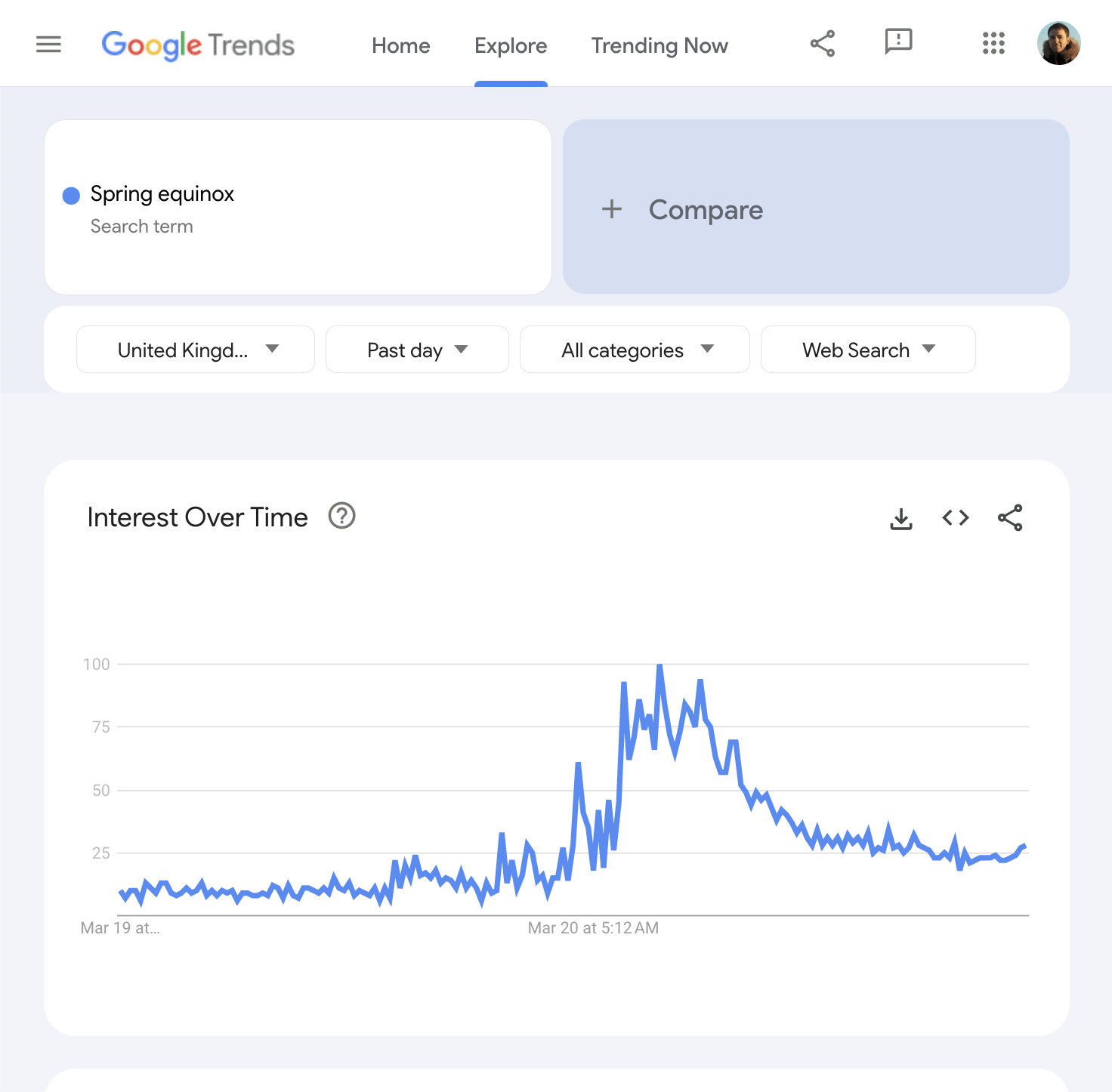
Every keyword you search for in Google has a search trend. Agencies will spot-check these trends by typing them into Google Trends. It helps to give an idea of whether a keyword is worth targeting.
Agencies use Google Trends to visualize specific keywords’ rising or diminishing popularity.
Google Colaboratory
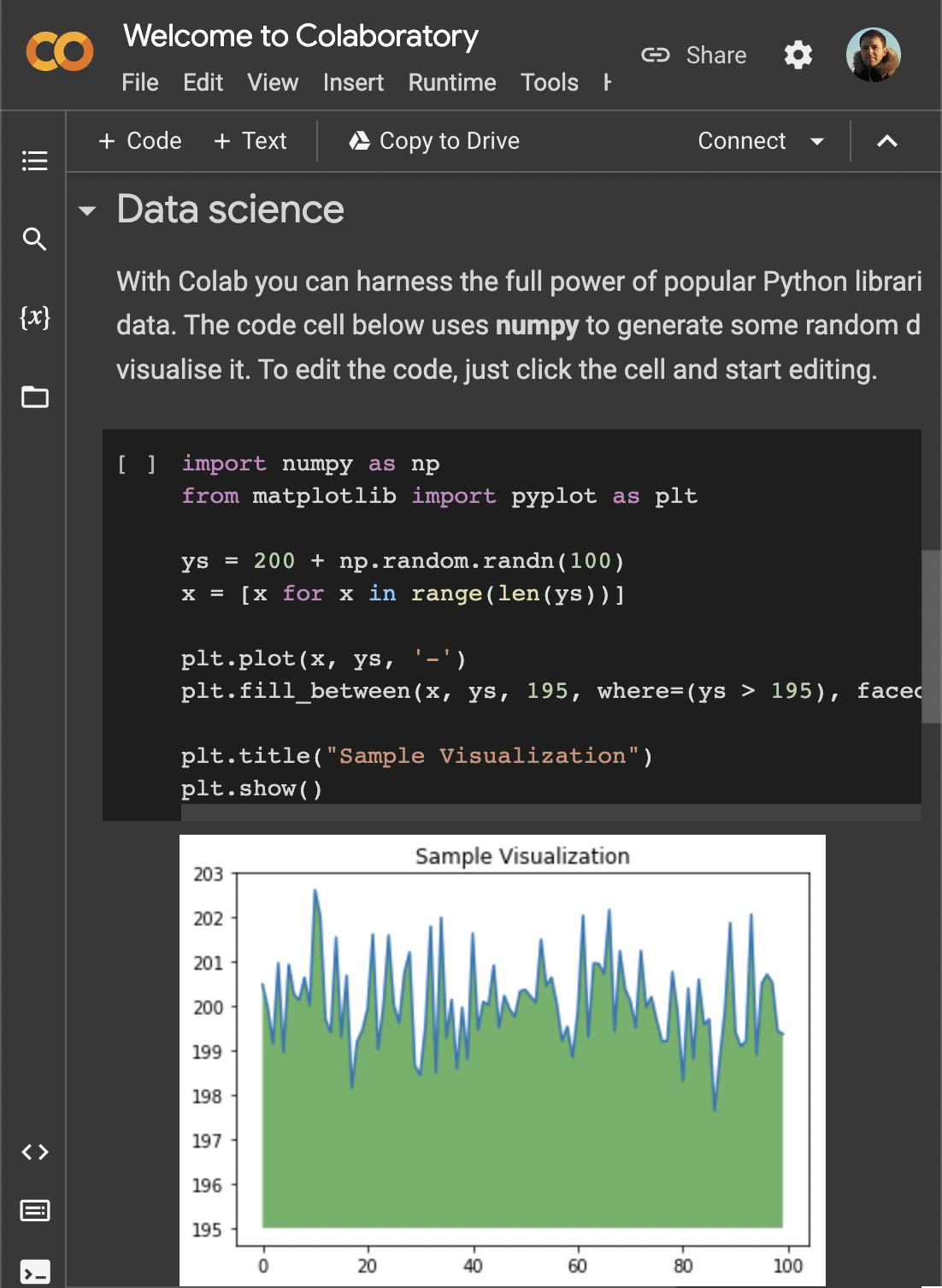
Google Colaboratory (Collab) is one of the tools that SEOs use to run Python scripts.
Although you can run Python code in different ways, getting sign-off to run Python on your work laptop is often more trouble than it’s worth.
Using a third-party tool like Collab enables you to bypass this restriction (in most cases) and run your favorite Python scripts, increasing your efficiency and automating the mundane.
Google PageSpeed Insights
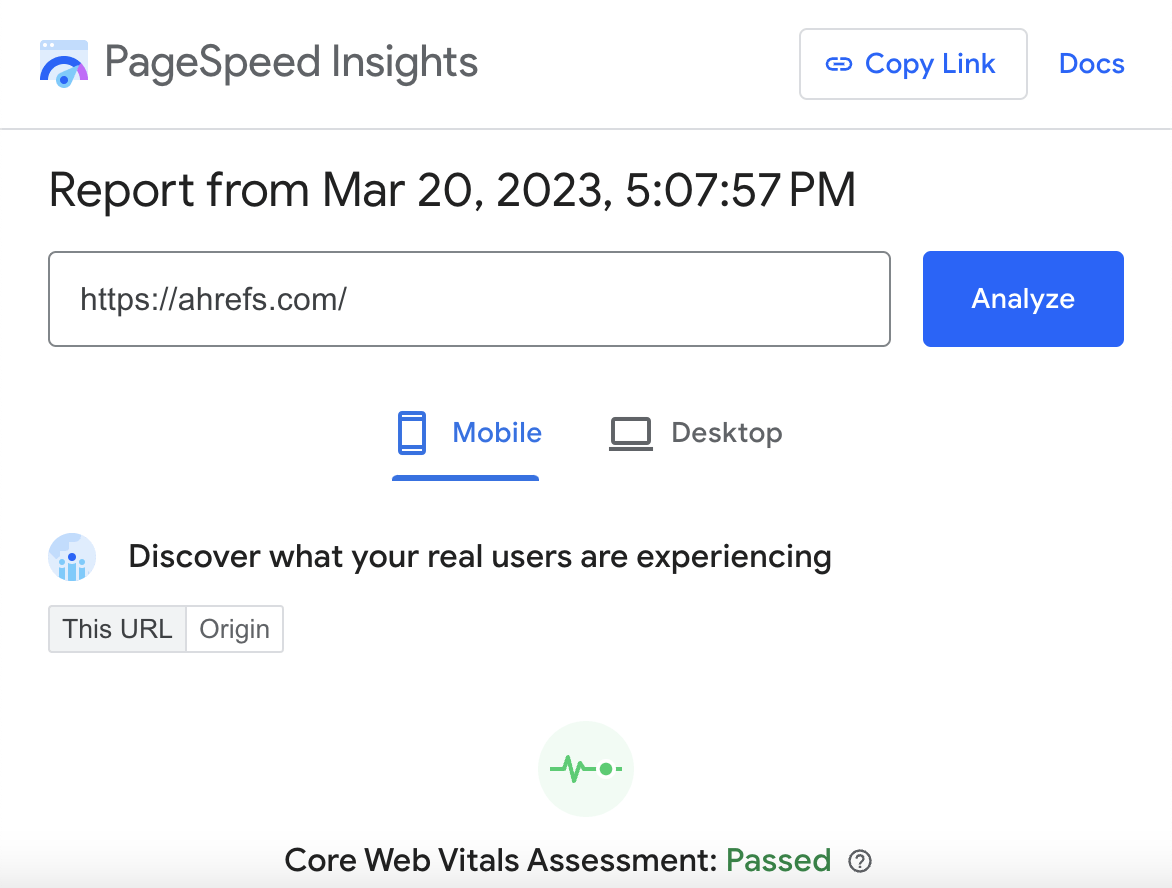
Site speed has been a hot topic for a few years now. Google estimated that for every one-second delay in mobile page load, conversions could fall up to 20%.
One of the tools agency SEOs use to measure page speed and Core Web Vitals is Google PageSpeed Insights.
There are other tools agencies use, such as:
- Webpagetest.org – Great for comparing site speed vs. competitors’.
- GTmetrix – Good all-around tool for checking site speed.
With so many SEO Chrome extensions, it’s hard to know which ones to use. These are the extensions most shared in agencies I’ve worked in.
It may seem unconventional that agencies use free Chrome extensions, but it comes back to speed.
These types of extensions help you to identify issues quickly. You can always return to the issues later for further analysis if needed.
Chrome DevTools
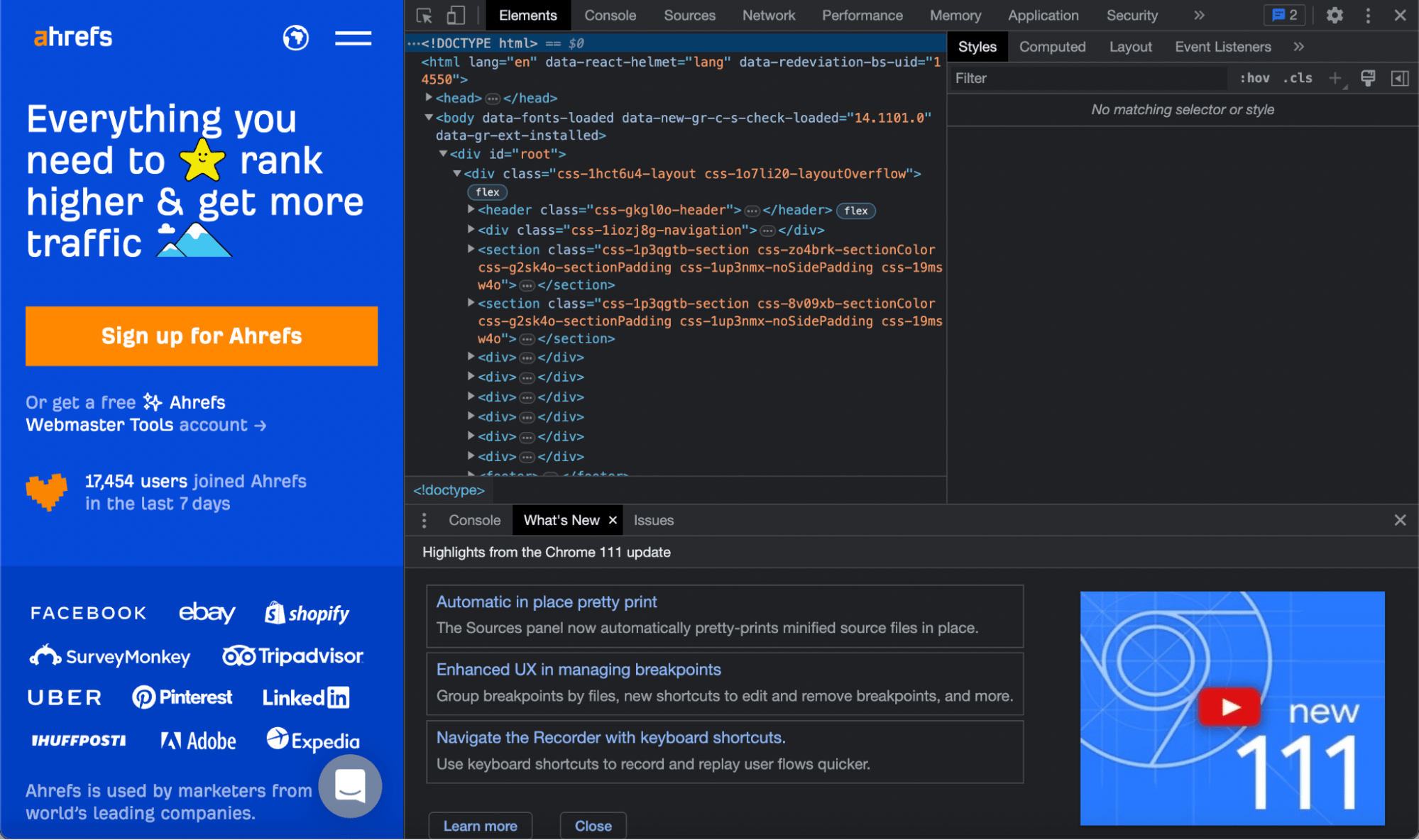
Chrome DevTools is another useful tool for most agency SEOs that’s worth taking a look at.
Although extensions, plugins, and software can help you spot-check the data quickly, you need to go into the code to understand what is happening. This is where Chrome DevTools can be really useful.
As agencies use various tools, they often dream of simplifying their tool setups into one single platform. Several “middle-ware” solutions can help you achieve this:
Supermetrics
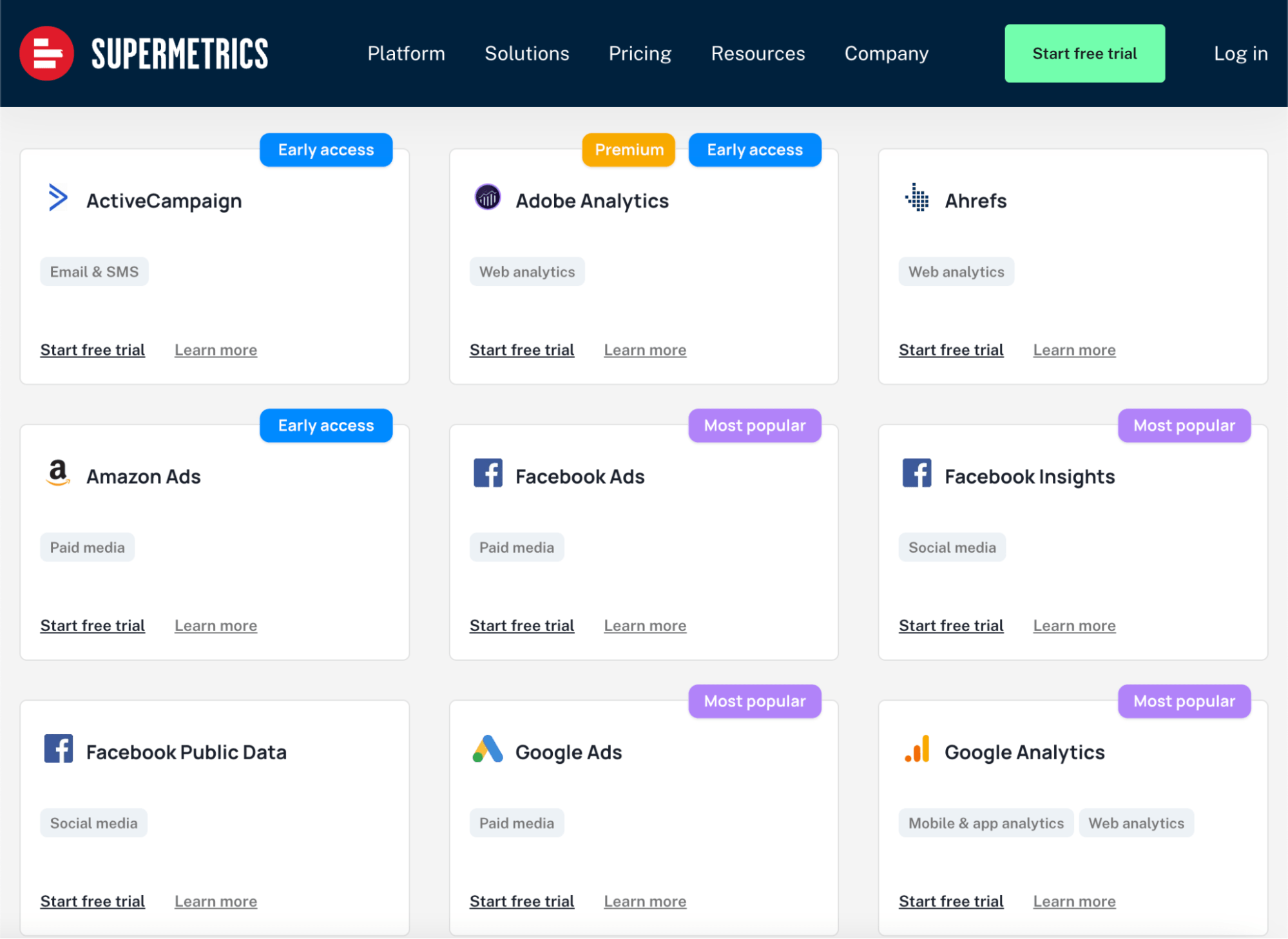
Supermetrics is a paid software tool that allows you to integrate data from 100+ platforms together. This enables you to increase your agency’s efficiency—specifically with SEO reporting.
Zapier
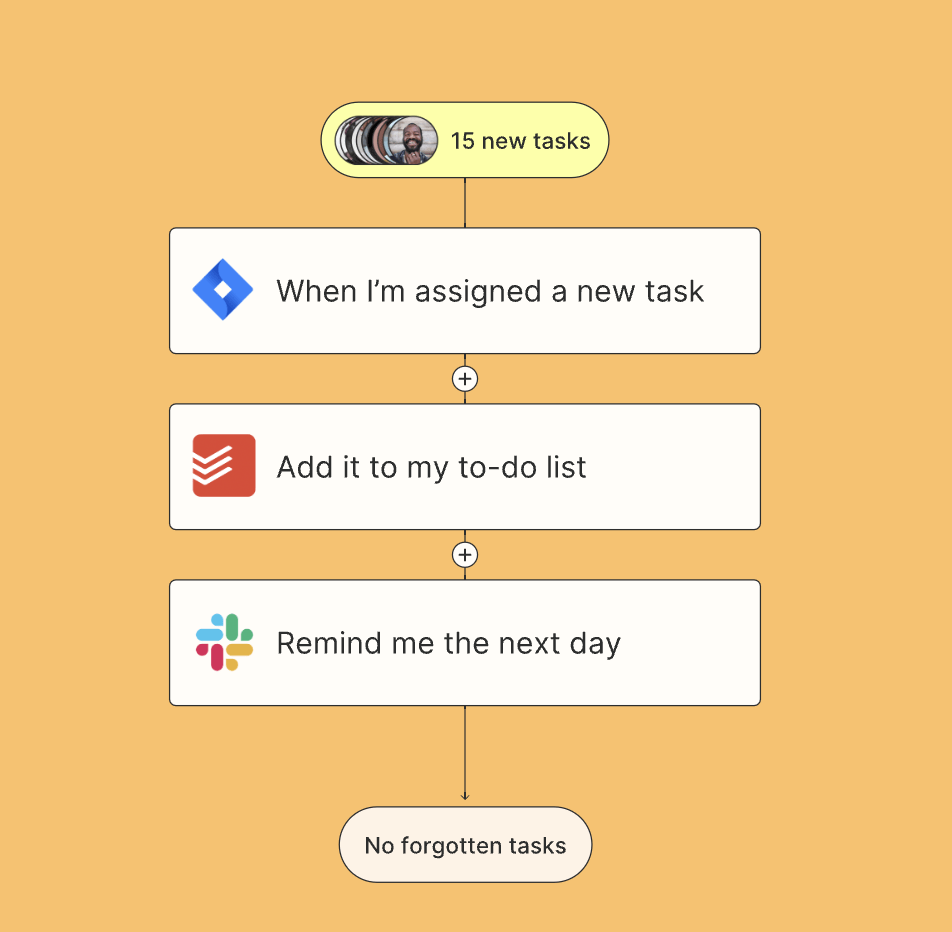
Zapier is another useful tool that automates interactions between different software tools.
This is particularly useful for automating repetitive tasks. Another benefit is that it is a no-code tool, so you don’t need any development experience to set up the automation.
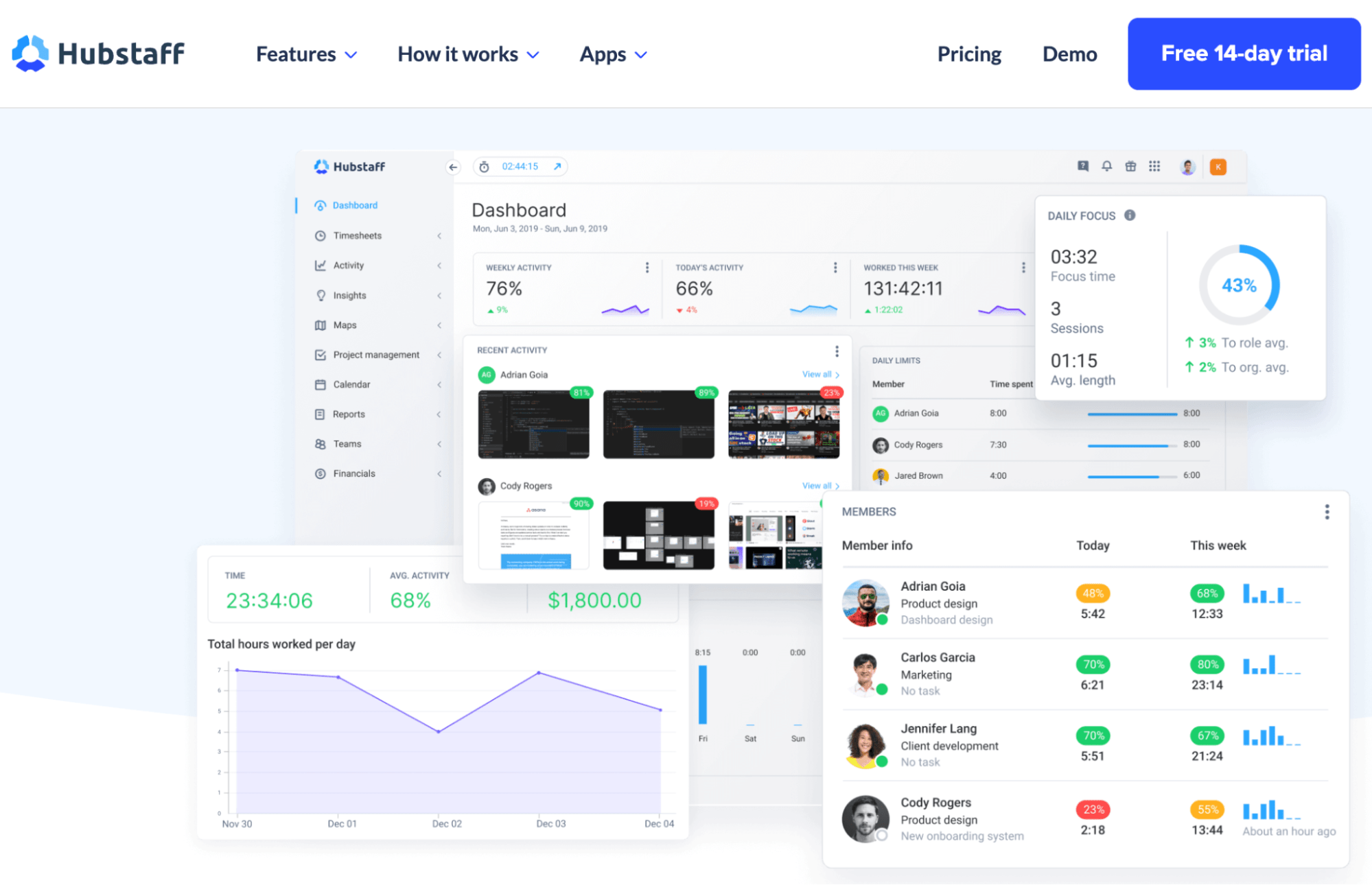
As an SEO agency, you and your team must keep track of your time.
Every agency I’ve worked at has used a different time-tracking tool, and there doesn’t seem to be much consensus on which is the “best one.”
So here are a few examples of time-tracking software I’ve used in agencies:
- Hubstaff – A great all-around time-tracking system.
- Toggl – Popular with smaller agencies.
- Timeneye – A simple and easy-to-use time tracker.
- SAP – Comprehensive time-tracking solution.
The most efficient SEO teams will have their methods to organize and distribute tasks among their team members.
Although you can do this in a humble spreadsheet, software tools can help.
All of the below are great, and I have seen them used in agencies effectively.
- Trello – Basic Kanban board functionality with simple and effective project management.
- ClickUp – Useful to keep your team on track with progress and break down tasks.
- Monday – Easy-to-use task management tool with no-code automation built in.
- Confluence – Team workspace useful for agencies working with clients to track progress on shared goals.
- Basecamp – One of the easiest-to-use task management platforms around.
SEO agencies have lots of clients, and the reality is they will all have their preferred method of getting in contact with you.
Microsoft Teams
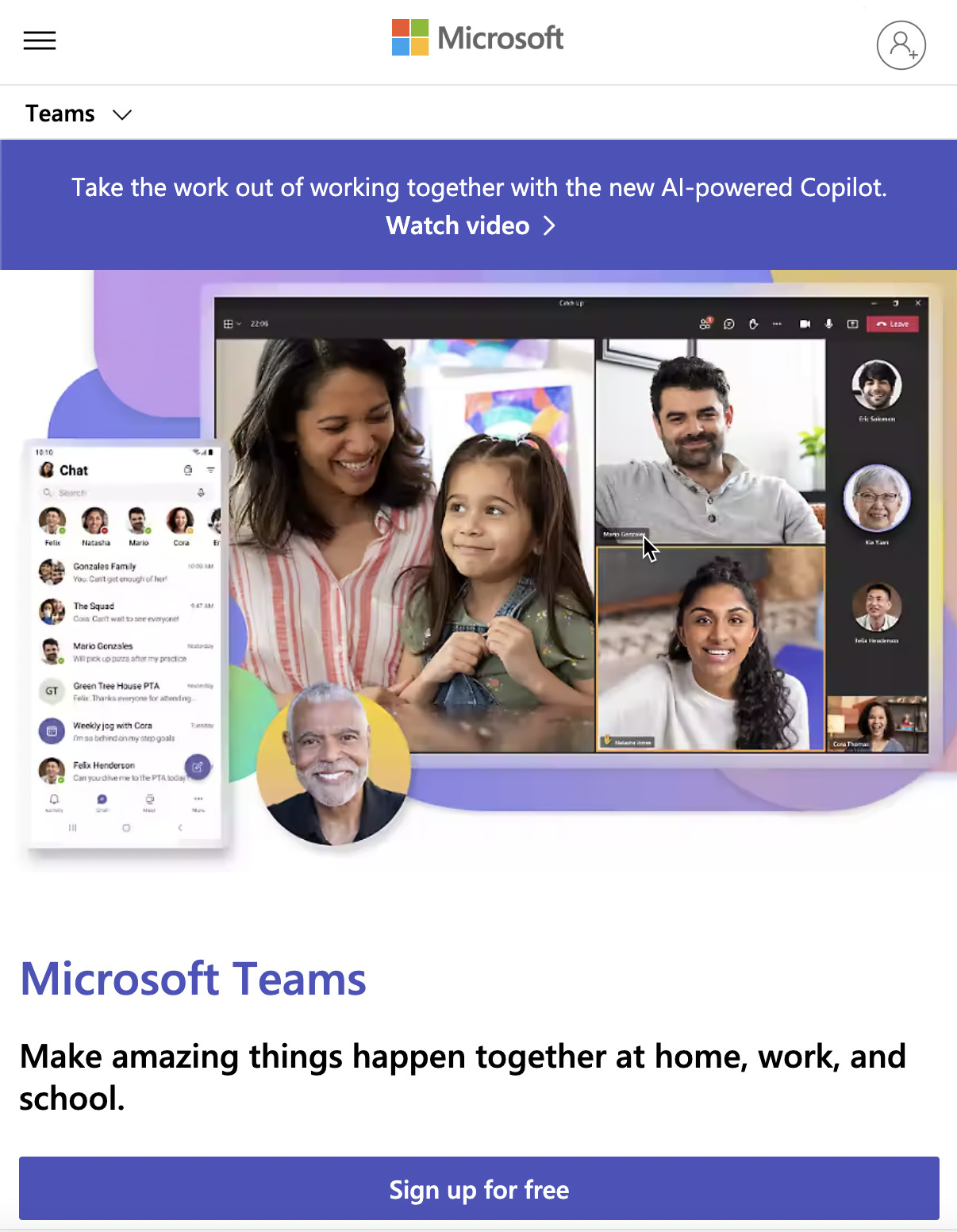
When it comes to remote meetings, Microsoft Teams is the de facto standard for SEO agencies in terms of client-agency communication.
This is because signing off on a Microsoft product with the IT department in most agencies is generally much easier.

The most used software suite by far for agency SEOs is Microsoft Office (now known as Microsoft 365).
Yes—it’s not the most exciting piece of software. But it’s been a constant presence throughout my agency career.
The key products SEO agencies use in Microsoft 365 are:
- Microsoft Outlook – Send and receive emails.
- Microsoft Excel – Analyze data from your SEO campaigns.
- Microsoft Word – Prepare documents for your SEO campaigns.
- Microsoft PowerPoint – Create presentations, reports, and pitch decks for your clients or prospective clients.
If you are working with clients, they’ll expect you to have access to this software.
Sidenote.
Google offers software that mirrors the functionality of Microsoft 365 for free. There is nothing wrong with the Google software option. But on the whole, agencies still prefer to use Microsoft 365.
Working with freelancers in an agency setting is becoming more common. You can manage them through day-to-day task management and existing HR tools, but some agencies prefer to keep them separate.
If you are working with freelancers at scale, you may need a platform to manage them.
Lano
Tools like Lano enable you to manage freelancers, e.g., allowing you to pay your remote contractors easily.
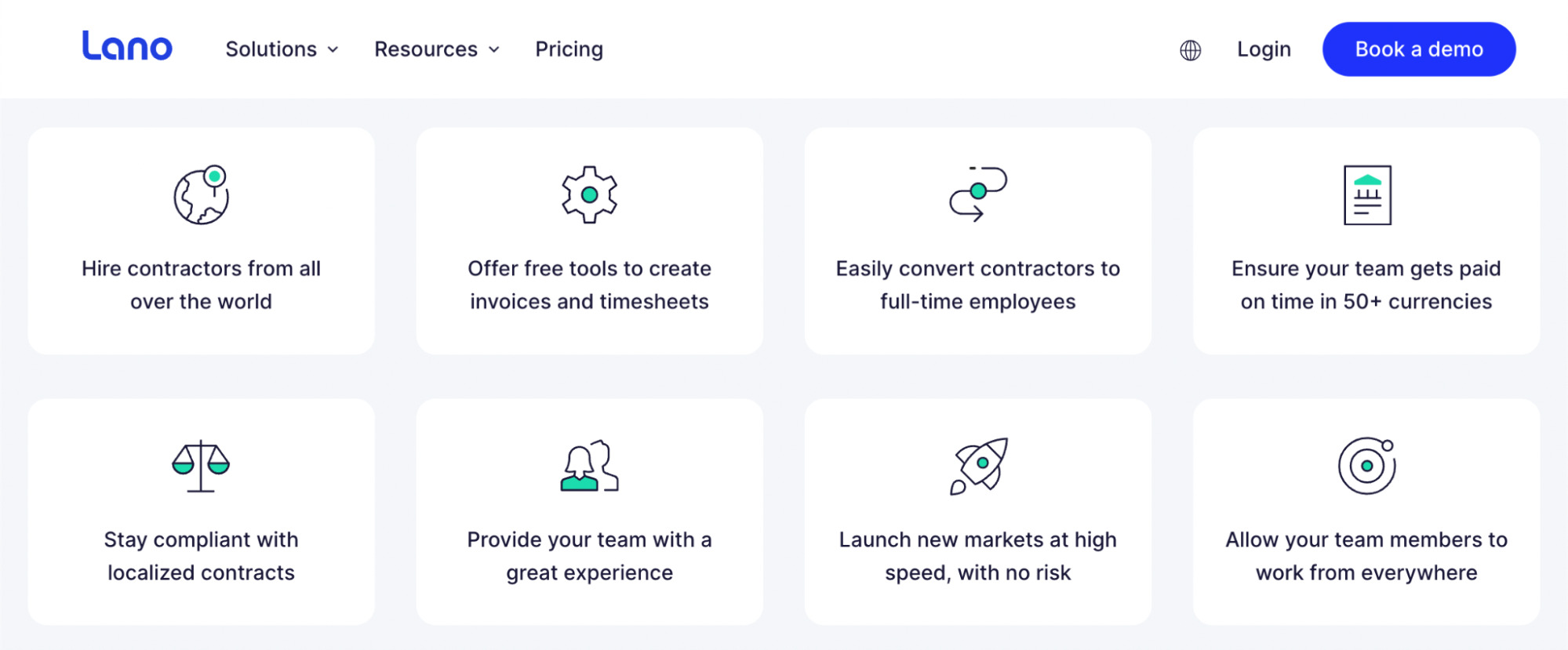
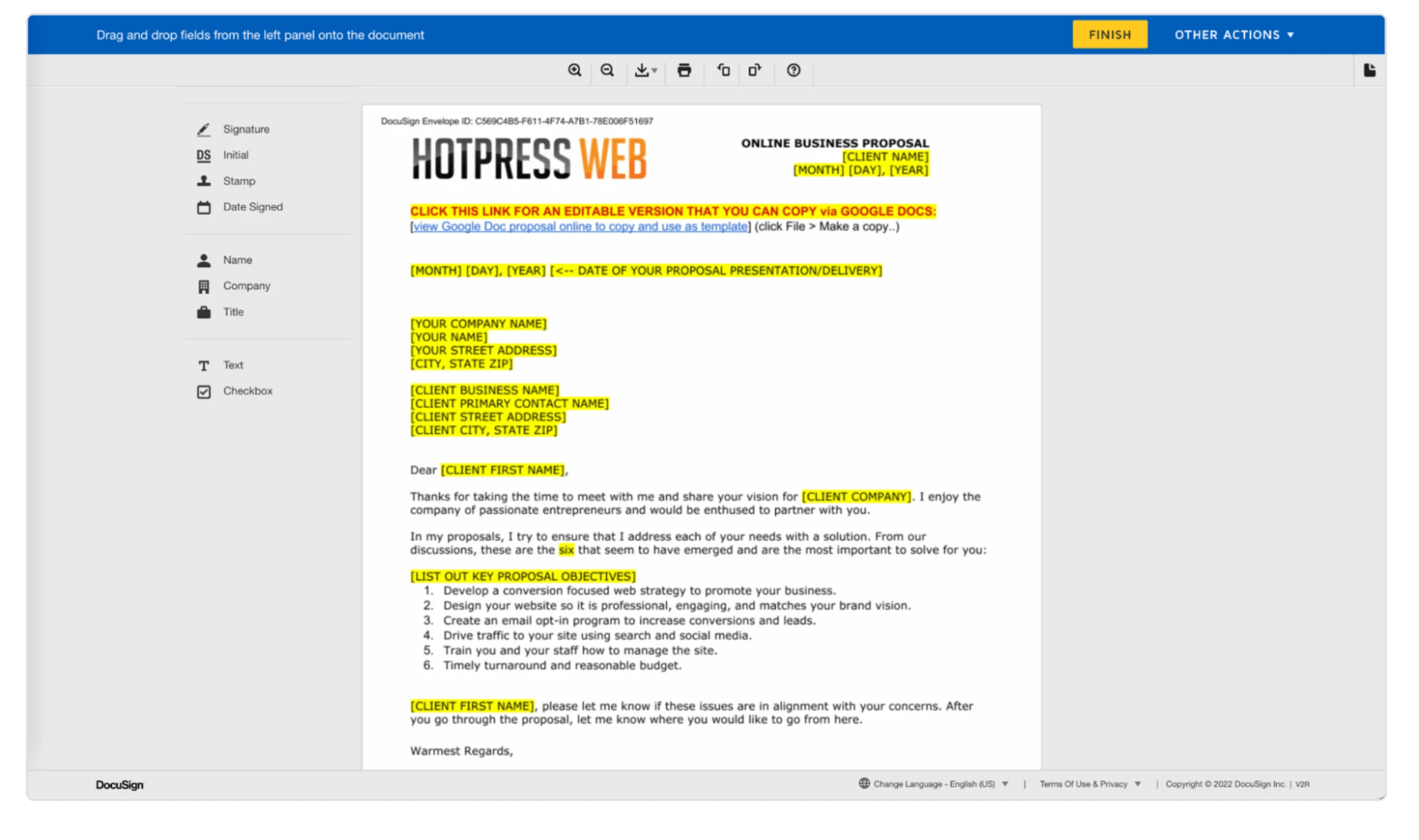
Once your agency has won a new client, you must create a contract and set a recurring billing schedule.
Here’s how agencies of different sizes approach it:
Many of the larger agencies will use purchase orders (POs). In the past, I’ve used tools such as Mediaocean’s Prisma to book these in.
For smaller agencies, it’s more likely they’ll use something like DocuSign or Stripe, but every agency will have its preferred methods.
Final thoughts
Access to the best software is vital for agencies; without this, they can’t advise their clients effectively and efficiently.
Got questions? Ping me on Twitter 🙂





![How AEO Will Impact Your Business's Google Visibility in 2026 Why Your Small Business’s Google Visibility in 2026 Depends on AEO [Webinar]](https://articles.entireweb.com/wp-content/uploads/2026/01/How-AEO-Will-Impact-Your-Businesss-Google-Visibility-in-2026-400x240.png)
![How AEO Will Impact Your Business's Google Visibility in 2026 Why Your Small Business’s Google Visibility in 2026 Depends on AEO [Webinar]](https://articles.entireweb.com/wp-content/uploads/2026/01/How-AEO-Will-Impact-Your-Businesss-Google-Visibility-in-2026-80x80.png)











